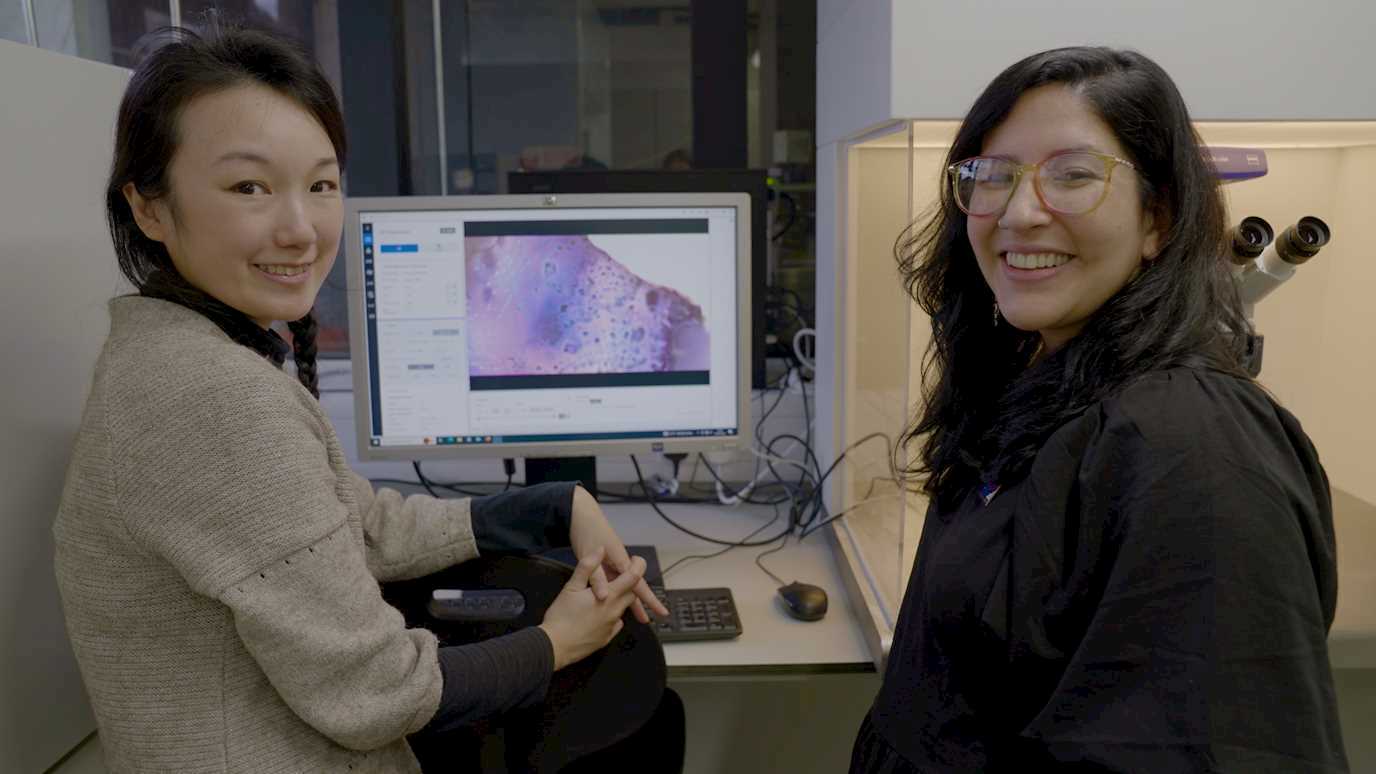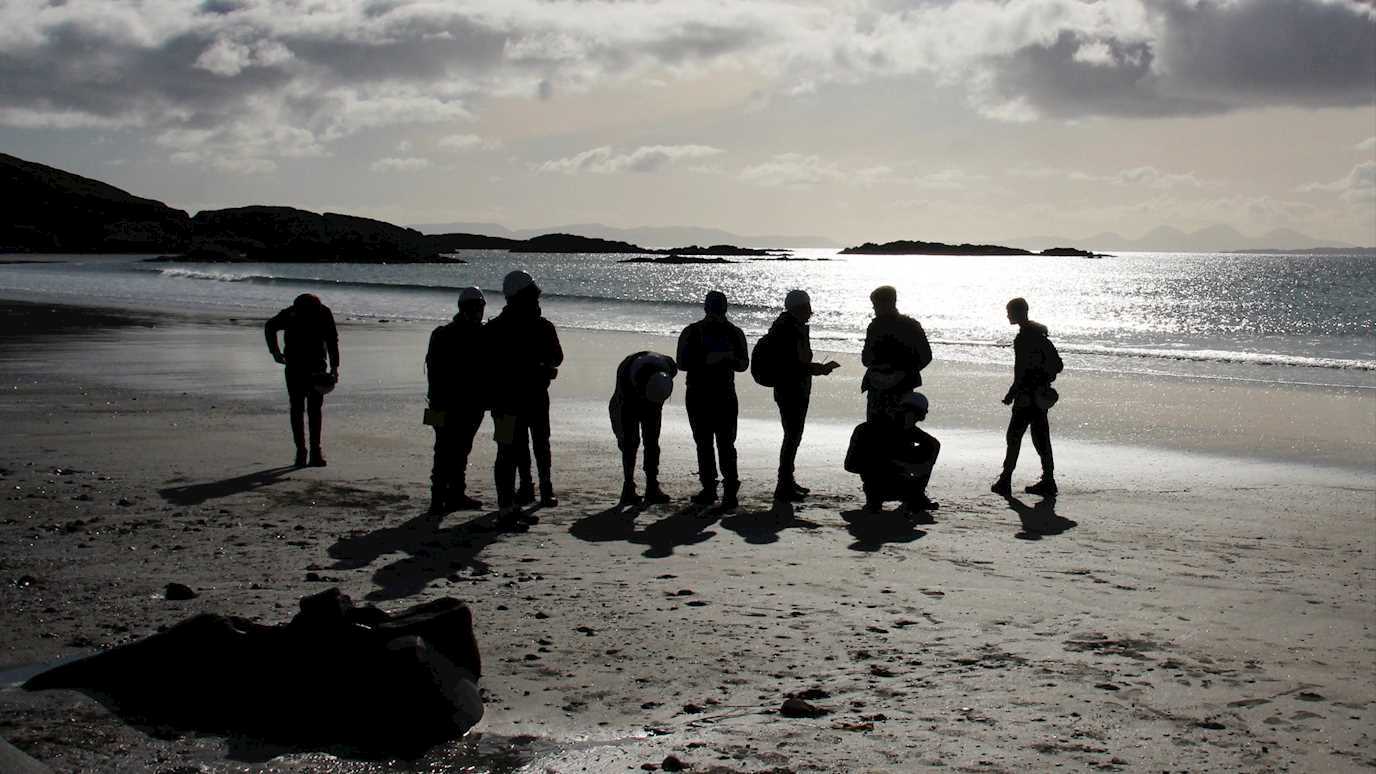The role of hydrogen to support the energy transition as an alternative to fossil fuels and how it may be sourced naturally by geologists was investigated by David Waltham, Professor of Geophysics in the Department of Earth Sciences at Royal Holloway, in an article written for The Conversation UK recently.

Under the title,” ‘Gold’ hydrogen: natural deposits are turning up all over the world – but how useful is it in our move away from fossil fuels?”, the article covers the latest geological research which suggests that cheap and plentiful supplies of naturally occurring hydrogen could be found right under our feet – although there’s a long way to go before we can say for sure how useful these stores of ‘gold’ hydrogen will be:
“Geologists have long known that hydrogen is produced underground by the chemical reaction of iron-rich rocks with water, or when water breaks up by exposure to radioactive minerals.
But, because hydrogen molecules are small and light, they easily percolate through rock and escape into the atmosphere. Hydrogen also serves as a food source for many microorganisms. Consequently, natural underground deposits of the gas were assumed to be small and rare – and so, with the exception of some work done decades ago in the Soviet bloc, few attempts have been made to look for it. And if you don’t look, you don’t find.
Now, however, geologists are starting to look and large amounts of natural hydrogen are turning up all over the place. In October 2023, researchers at the French National Centre of Scientific Research discovered a particularly large reservoir of natural hydrogen in north-eastern France’s Lorraine coal basin. The reservoir may contain 250 million tonnes of naturally occurring hydrogen – enough to provide almost as much energy as the UK’s largest oil field (the Claire field, west of Shetland).
Smaller hydrogen reservoirs have been found in Spain and across Europe, as well as in Mali, Namibia, Brazil, the US and many other countries. So far there’s nothing in the UK, but geologists are starting to think about where to look.
There’s much to learn before we’ll know if gold hydrogen could have a significant impact on the transition away from fossil fuels. Geologists need to understand better how and where hydrogen gas forms, how it migrates to the places it becomes trapped, and how long it stays there before leaking out or being consumed by microorganisms.
But there are clear benefits to exploiting this low-cost, low-impact energy source. The science and technology needed is similar to that already used by oil and gas firms so jobs, resources and knowledge could be redeployed.”
To read the full article published on the academic journal, The Conversation please click here
Find out more about the Centre for Energy and Resources research in the Department of Earth Sciences here























